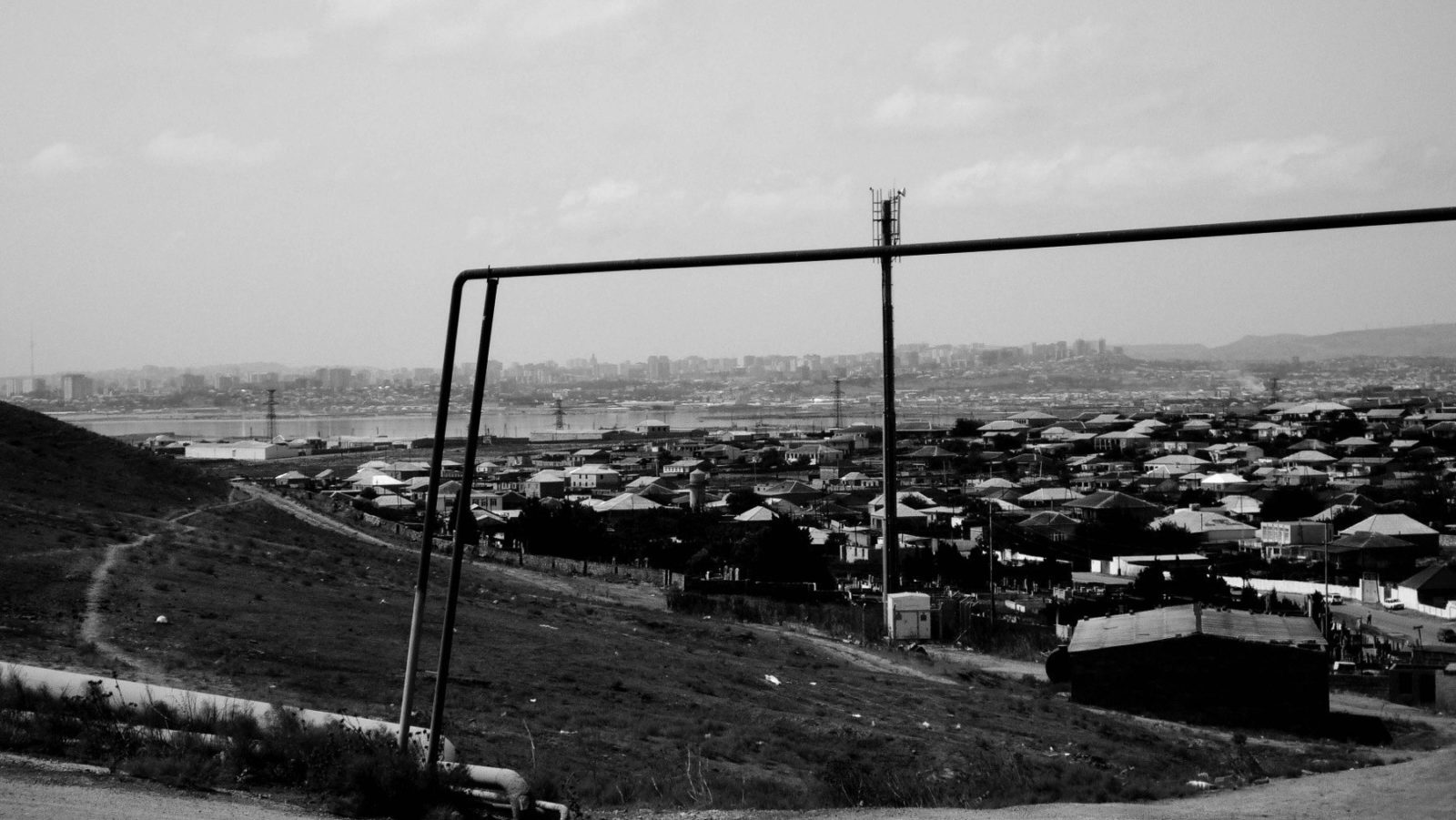In September 2014, the Open Government Partnership (OGP) adopted a new policy to deal with concerns raised about civic space in participating countries. Together with CIVICUS, the World Alliance for Citizen Participation, and Article 19 (a human rights organisation focused on freedom of expression and information) PWYP decided to put that policy to the test and submitted the first letter of concern in March 2015 to call out the Azeri government’s crackdown on civic space over the past year.
Founded in 2011, the OGP is a multilateral initiative that promotes open government by securing commitments from governments to promote transparency, empower citizens and fight corruption. In order to become a member, states have to pass OGP’s eligibility criteria, declare their commitment to open governance and create action plans that demonstrate practical commitments to promoting transparency and ensuring citizen participation.
Azerbaijan decided to join the OGP in 2011, thereby committing to working closely with civil society organisations to develop the national Action Plan and ensure that reform is undertaken. Although problems had been reported for some time, the introduction of restrictive legislation regarding the regulation of civil society activities in February 2014 has seriously hampered civil society’s ability to engage effectively in the OGP process at the local level. The crack-down on civil society activities since 2014 has particularly targeted groups that promote government transparency and accountability, including our local PWYP coalition which operates under the name “NGO coalition for increasing Transparency in the Extractive Industries”.
The recent rules subject NGOs to extensive government control (contrary to guarantees of freedom of association) whether over their registration, governance, receipt of funding and banking operations. The government has in cases blocked new funding and frozen bank accounts. International NGOs (INGOs) have increasingly been subjected to similar controls. The formal rules have been accompanied by various forms of harassment, which range from a smear campaign against NGO leaders and groups that criticise the government, to interrogations of activists, to actual physical attacks in some cases. Criminal cases and tax investigations – either entirely trumped up or based on politically-motivated application of excessively flexible legal rules – have been launched against a number of NGOs and activists, as well INGOs.
These tactics have had a powerful effect on independent NGOs and their leaders. Some activists have censored themselves, withdrawn from NGO work or left the country altogether because they fear retaliation. Many NGOs have stopped operating, in some cases permanently, while others struggle to continue their activities.
In light of the above, CIVICUS, Article 19 and PWYP sent an official letter of concern, accompanied by confidential annexes that provide extensive detail, to prompt the OGP Steering Committee to remind the Azeri government of its commitment to “protecting the ability of not-for-profit and civil society organisations to operate in ways consistent with our commitment to freedom of expression, association, and opinion” and actually translate it into practice. The letter calls on the Steering Committee to restore the necessary space for civil society to operate freely and independently in Azerbaijan.
The letter outlines a series of recommendations, which includes the Azeri government taking concrete steps – such as lifting court-ordered freezes of NGO bank accounts and releasing imprisoned CSO activists – to improving the ability of civil society to act freely and independently. For all the recommendations, read the letter in full.
The letter is now being reviewed by the OGP Criteria and Standards Subcommittee which will assess whether the request for enquiry can be considered legitimate and engage further action by the OGP Steering Committee.
International initiatives such as OGP have done an important job in promoting transparency and securing public commitments from governments. However, in order to remain effective, governments must be called out when they no longer meet the required standards. If transparency is to lead to accountability, it is crucial that civil society have the necessary space to use released information and ask of the government what may sometimes be difficult questions.











